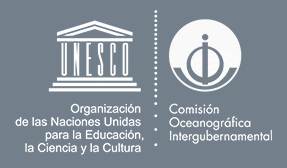Displaying 893 results.
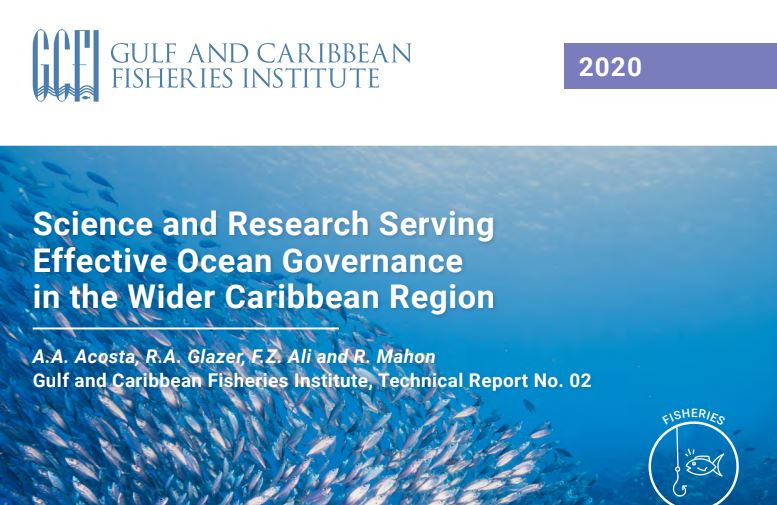
Science and Research Serving Effective Ocean Governance in the Wider Caribbean Region (GCFI)
This report is intended to identify priority research topics and information gaps from the perspective of decisionmakers. Ultimately, the goal is that this information will be useful for identifying those areas of research that provides the greatest value in developing effective and implementable policy. A hierarchical approach was employed to develop research topics. First, specific themes were identified that encompass a wide range of activities. These themes go beyond the focus of many research agendas in that they do not deal solely with the natural sciences; other themes were considered that are needed for effective policy development and implementation (e.g., communications, governance, economics). The themes are further subdivided into goals. The research topics fall within the goals. This provided a holistic approach that addresses the gaps in information from the wide range of activities that decision-makers must consider. The final version will be uploaded accordingly.
Author: GCFI
Year: 2020
Keywords: Science and Research Serving Effective Ocean Governance in the Wider Caribbean Region (GCFI) Habitat, Science and Research, fisheries, governance, pollution
 18
18


 Report issue
Report issue
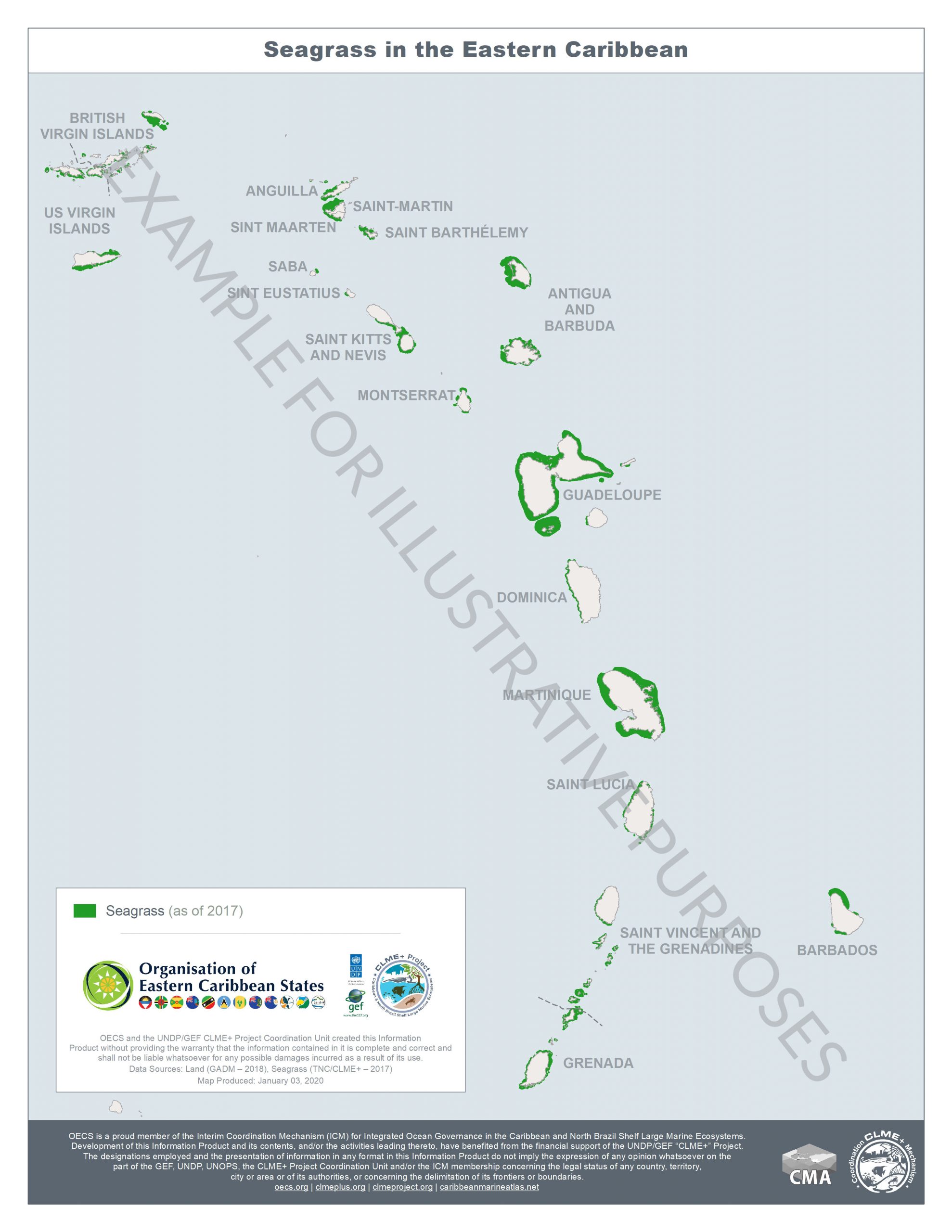
Seagrass in the Eastern Caribbean
Author: CLME+ PCU
Year: 2017
Keywords: Seagrass in the Eastern Caribbean
 4
4


 Report issue
Report issue
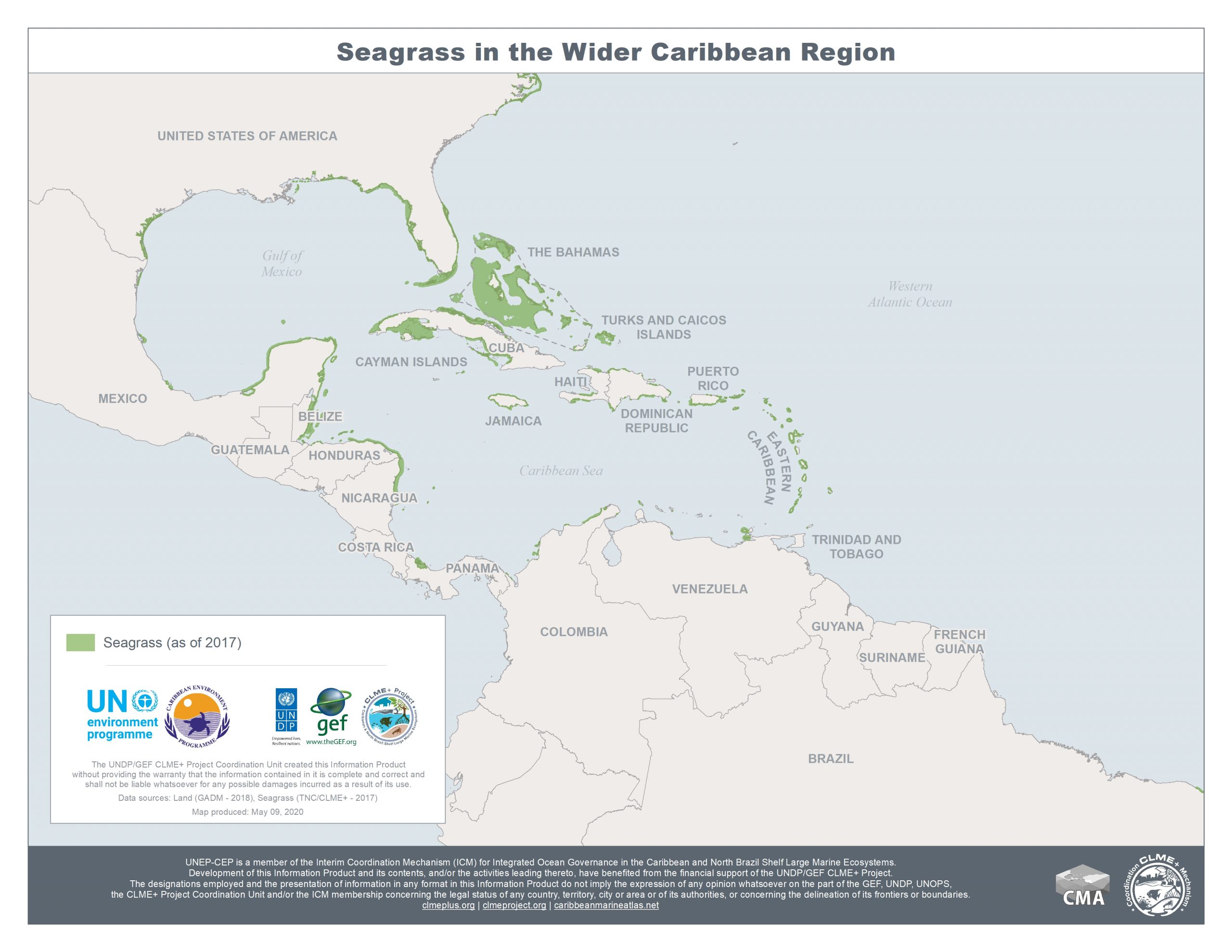
Seagrass in the Wider Caribbean Region
Author: CLME+ PCU
Year: 2017
Keywords: Seagrass in the Wider Caribbean Region marine habitats, seagrass beds
 4
4


 Report issue
Report issue
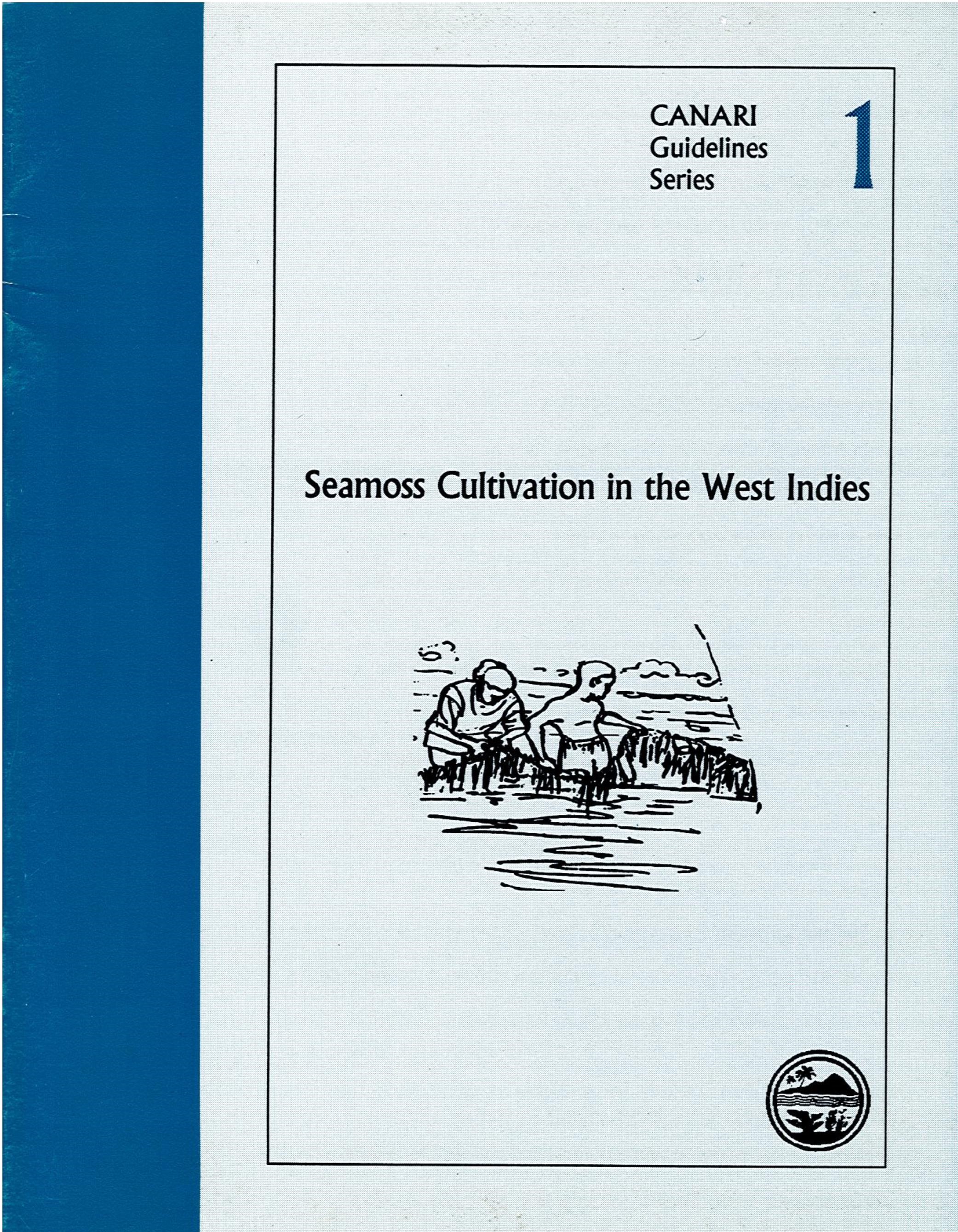
Seamoss cultivation in The West Indies
This document explains the importance of the cultivation of seamoss in the west indies, as well as its economic importance.
Author: Smith, A.
Year: 1997
Keywords:
 6
6


 Report issue
Report issue
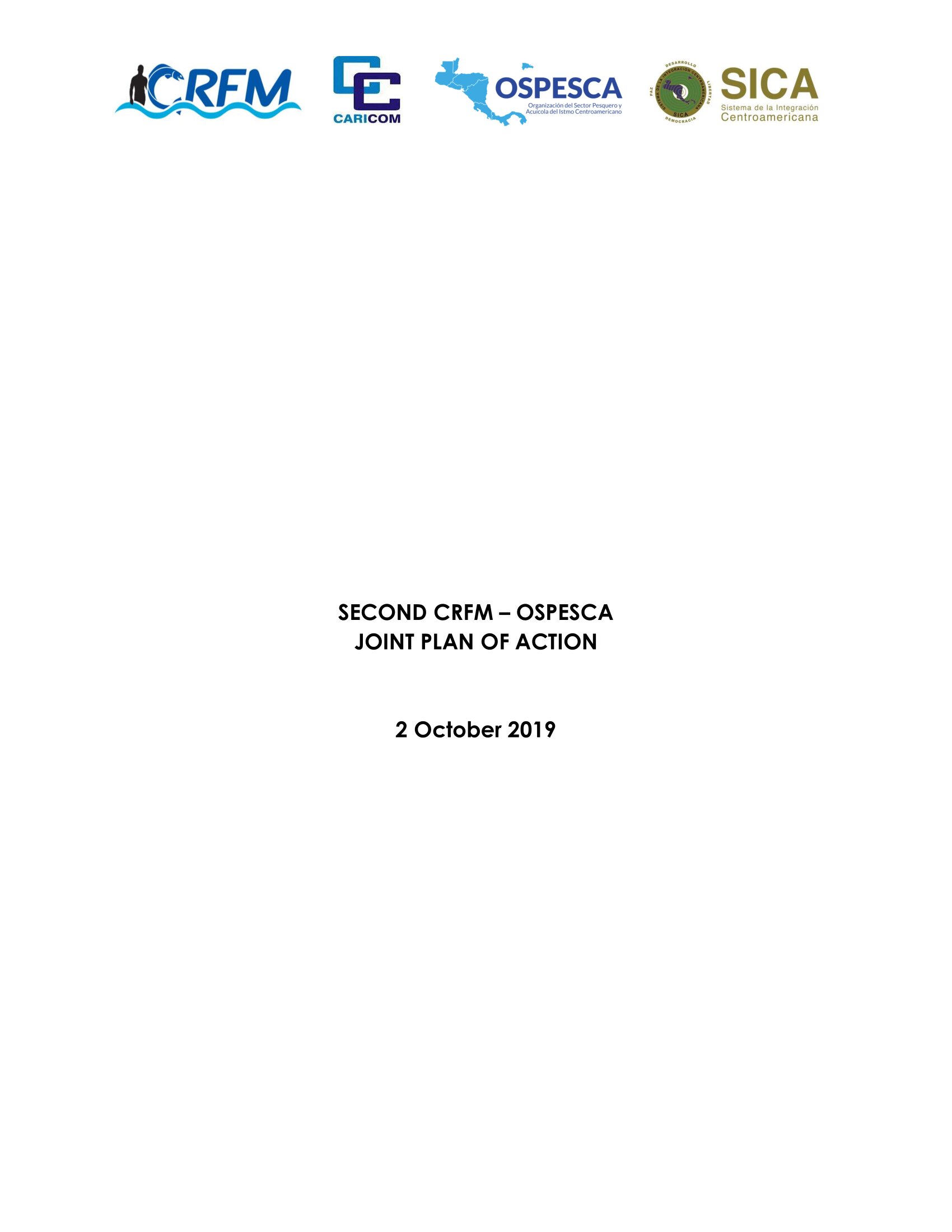
Second CRFM – OSPESCA Joint Plan Action
This plan provides a framework for joint action that will build on the foundation established by the First Joint Plan of Action aimed at harmonizing and integrating the fisheries and aquaculture management efforts of the two sub-regions, eventually to be supported in the future by a common fisheries and aquaculture policy for the Caribbean Sea.
Author: CRFM/OSPESCA
Year: 2019
Keywords:
 4
4


 Report issue
Report issue
Second Meeting of the Scientific, Technical and Advisory Committee (STAC) to the protocol concerning pollution from land-based sources and activities (LBS Protocol) in the wider Caribbean Region
Author: UNEP CAR
Year: 2014
Keywords: Second meeting STAC LBS Protocol in the Widder Caribbean Region LBS SOCAR, pollution
 3
3


 Report issue
Report issue
Segundo documento
Segundo archivo del dia
Author: Daniel
Year: 2021
Keywords: febrero



 Report issue
Report issue
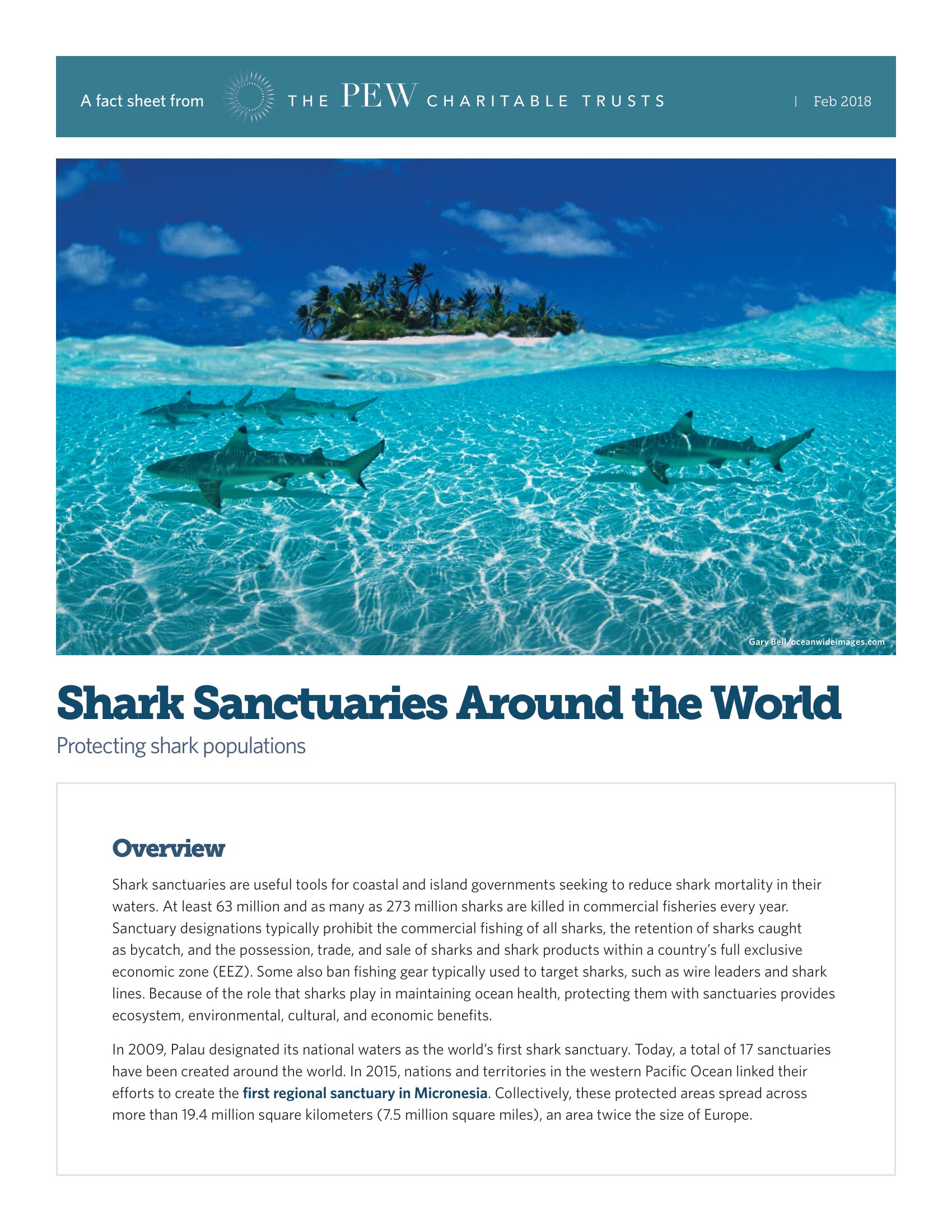
Shark Sanctuaries Around the World – Protecting shark populations
Shark sanctuaries are useful tools for coastal and island governments seeking to reduce shark mortality in their
waters. At least 63 million and as many as 273 million sharks are killed in commercial fisheries every year. Sanctuary designations typically prohibit the commercial fishing of all sharks, the retention of sharks caught as bycatch, and the possession, trade, and sale of sharks and shark products within a country’s full exclusive economic zone (EEZ). Some also ban fishing gear typically used to target sharks, such as wire leaders and shark lines. Because of the role that sharks play in maintaining ocean health, protecting them with sanctuaries provides ecosystem, environmental, cultural, and economic benefits.
Author: The Pew Charitable Trusts
Year: 2018
Keywords: fisheries
 4
4


 Report issue
Report issue
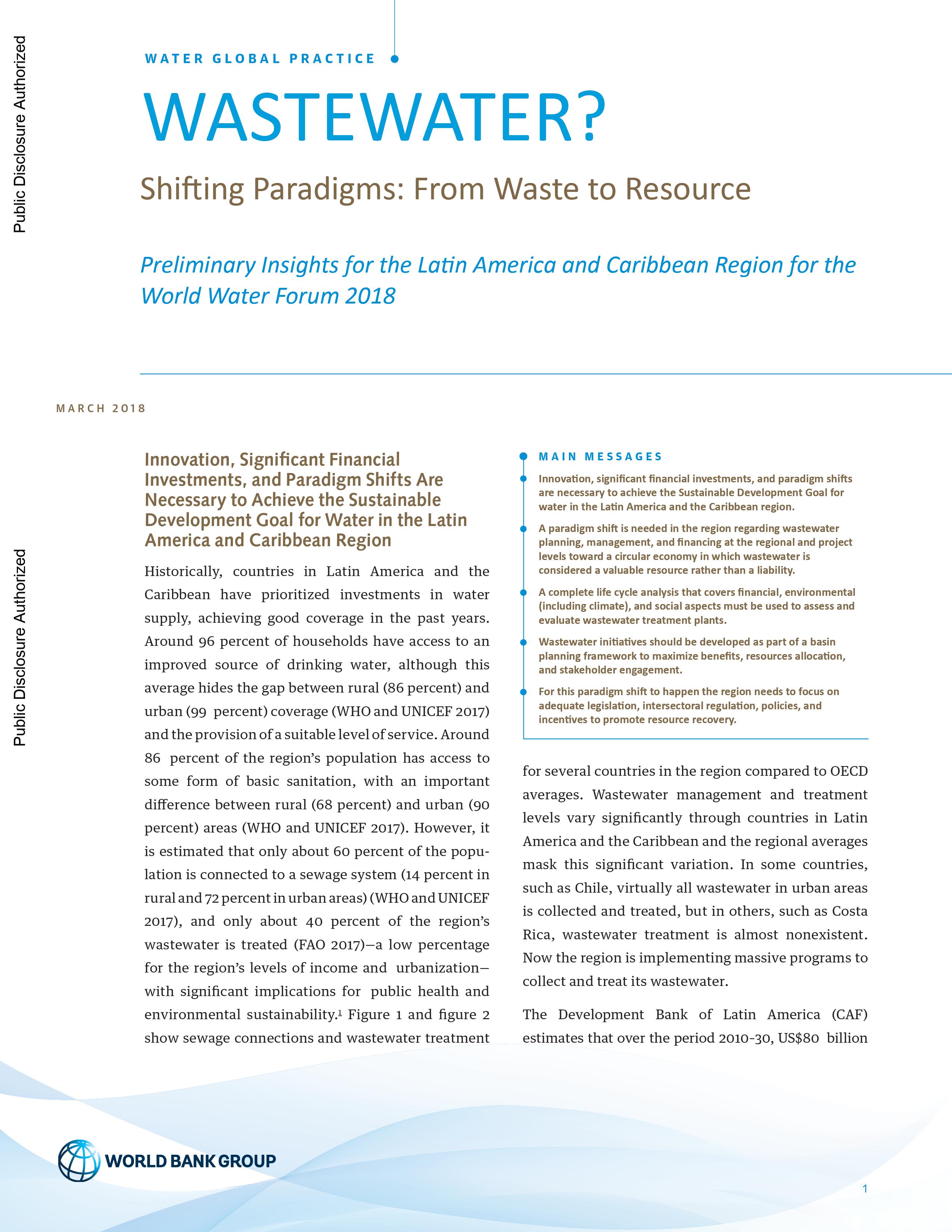
Shifting Paradigms: From Waste to Resource Preliminary Insights for the Latin America and Caribbean Region for the World Water Forum 2018
Author: World Bank
Year: 2018
Keywords:
 4
4


 Report issue
Report issue
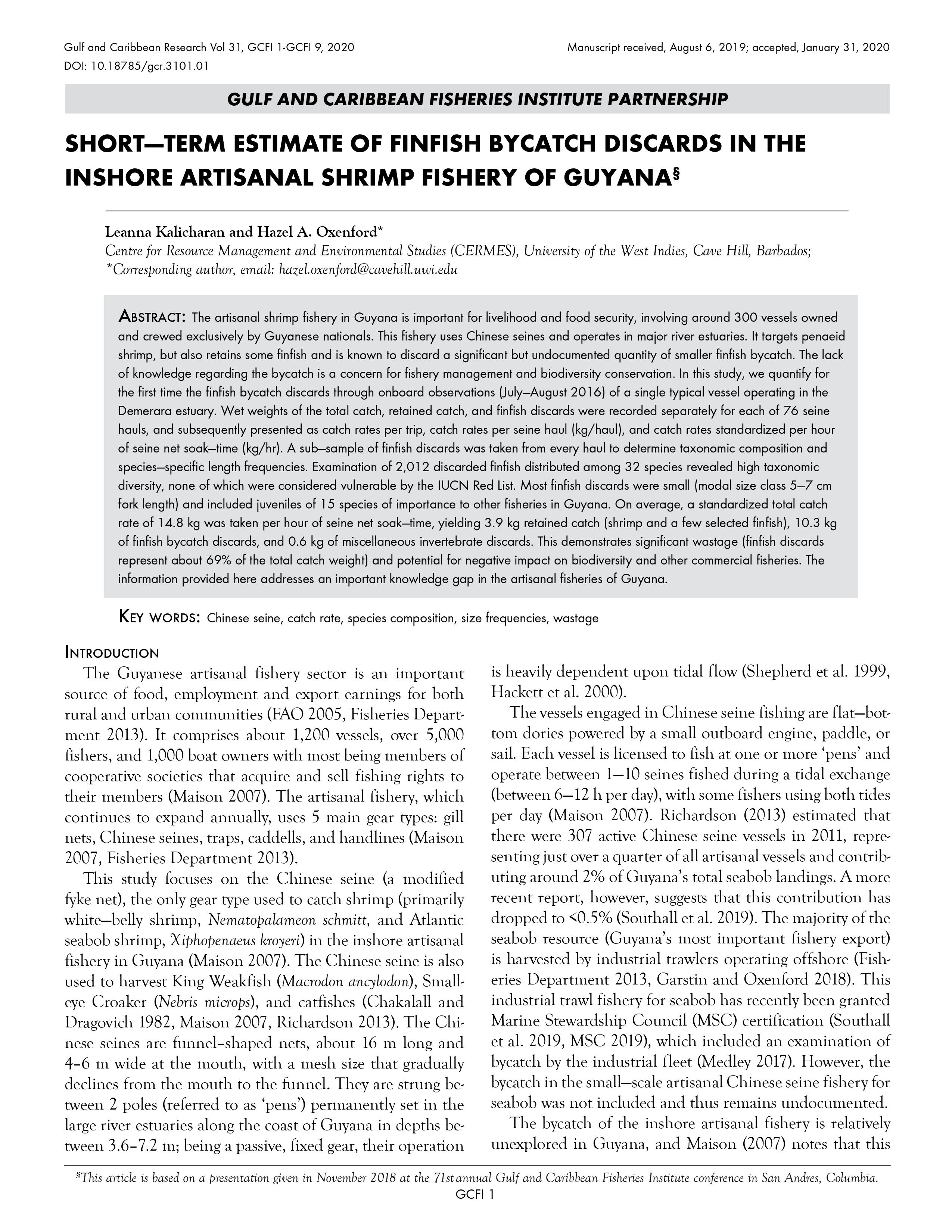
Short-term Estimate of Finfish Bycatch Discards in the Inshore Artisanal Shrimp Fishery of Guyana
The artisanal shrimp fishery in Guyana is important for livelihood and food security, involving around 300 vessels owned and crewed exclusively by Guyanese nationals. This fishery uses Chinese seines and operates in major river estuaries. It targets penaeid shrimp, but also retains some finfish and is known to discard a significant but undocumented quantity of smaller finfish bycatch. The lack of knowledge regarding the bycatch is a concern for fishery management and biodiversity conservation. In this study, we quantify for the first time the finfish bycatch discards through onboard observations (July—August 2016) of a single typical vessel operating in the Demerara estuary.
Author: Kalicharan, Le., and. Oxenford, H.
Year: 2020
Keywords:
 5
5


 Report issue
Report issue










